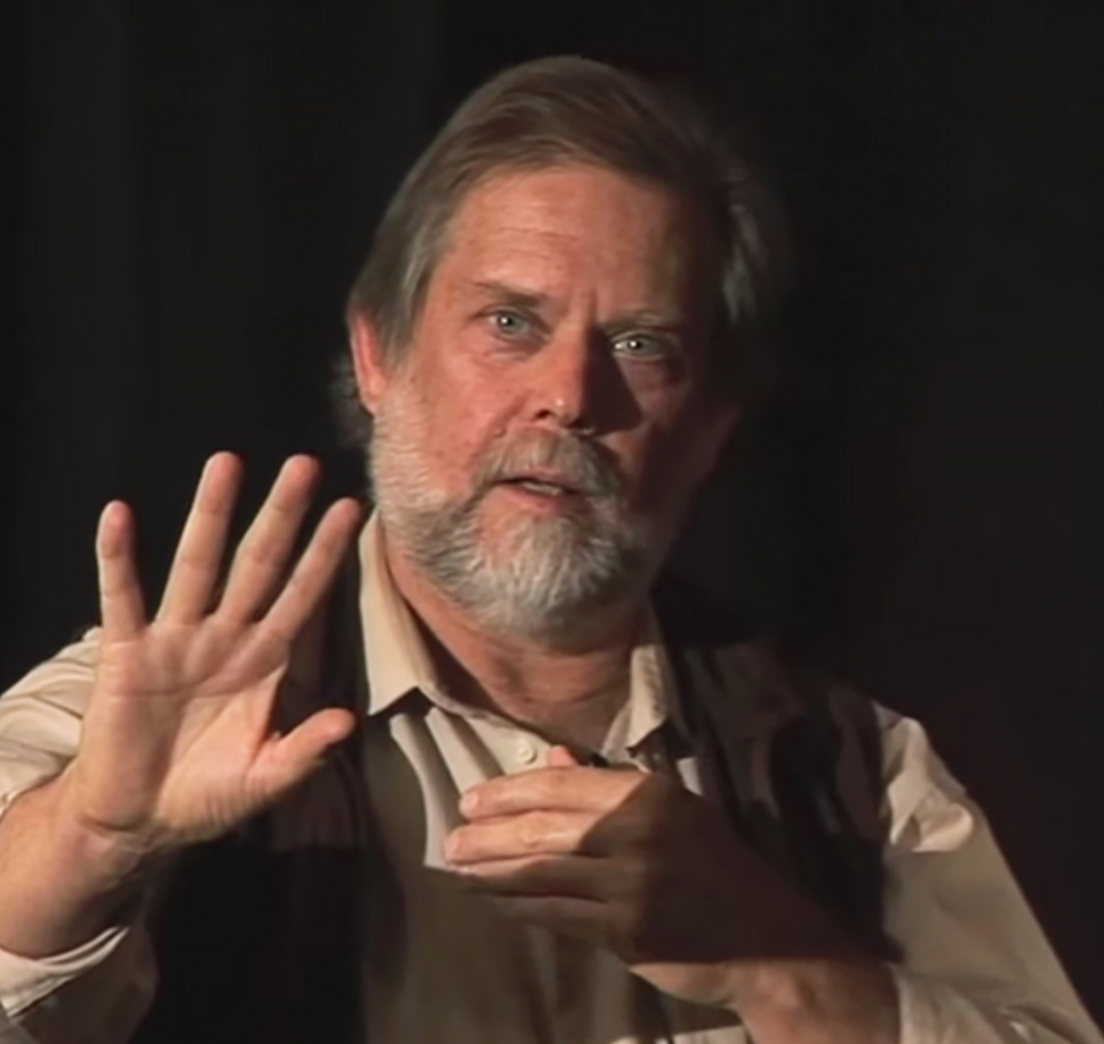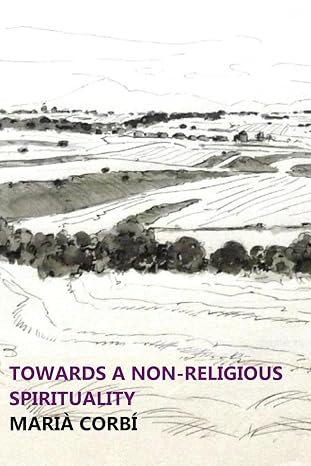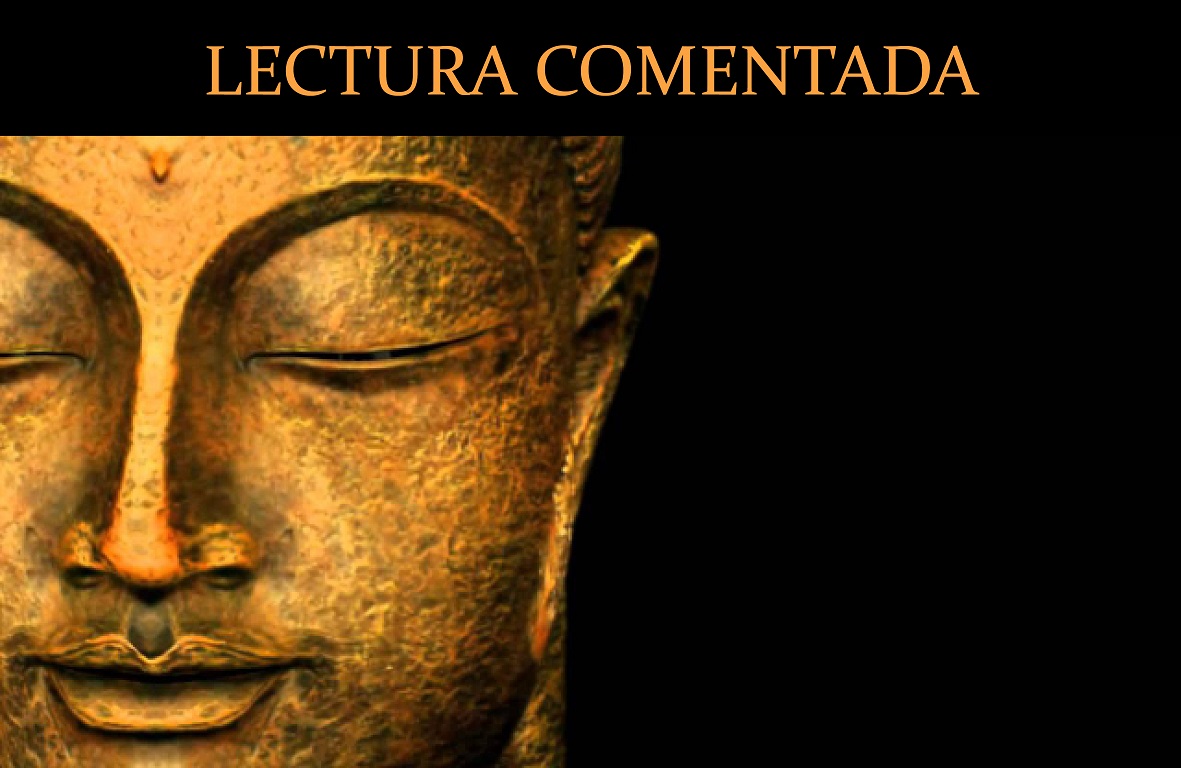We are facing one of the most profound periods of change in human history. This mutation is forcing us to be aware that we have to construct our systems and ways of life for ourselves, while rapid and frequent changes occur in our societies of continuous innovation. To be able to guide our future, we must investigate what is happening, as well as the consequences arising – in all fields of our life – from the economic, social, cultural and religious events that are taking place before our eyes. We have to study what is occurring in our societies in order to calibrate what is happening to the language of the religious traditions of the past and their age-old legacy. Attributing the crisis in religion to the breakdown of culture is one way of evading the serious problem. The cause of this situation has been the general evolution of culture and its consequences.
The Bodhisattva Path in the Trump Era

A talk given at St. Paul’s United Methodist Church (November 22, 2016)
Transcribed by Jeffrey Fuller and edited by David Loy
It’s been two weeks today since the election, and many of us are still in a state of shock —traumatized, disheartened if not depressed, anxious, angry, fearful and somewhat confused, wondering what’s going to come next — and wondering if there might be some silver lining to what’s happening. My response today has two parts. First I’d like to identify a very real silver lining, or at least the possibility of a silver lining, depending on how we respond to the situation. And then I’d like to say a bit about what I think is the most important contribution of Buddhist teachings to this situation, which can help us understand and respond to it.
Let’s begin with a Zen story that’s been circulating on the Internet. A student asks the master, “When times of great difficulty visit us, how should we meet them?” And the answer is, “Welcome.” This path that we’re on is not about avoiding difficulties. That doesn’t mean passively accepting those difficulties when they present themselves, but it does mean engaging with them, not trying to avoid them. Another story is also quite relevant here: the student asks the master, “What is the constant activity of all the Buddhas and bodhisattvas?” In other words, what is it that awakened people are doing all the time — what is special about the way they live in the world moment by moment?” And the answer from the master is, “Responding appropriately.” In one way that seems very simple, but in another way it’s not, because in order to know how to respond appropriately, we have to understand the situation that we are in.



